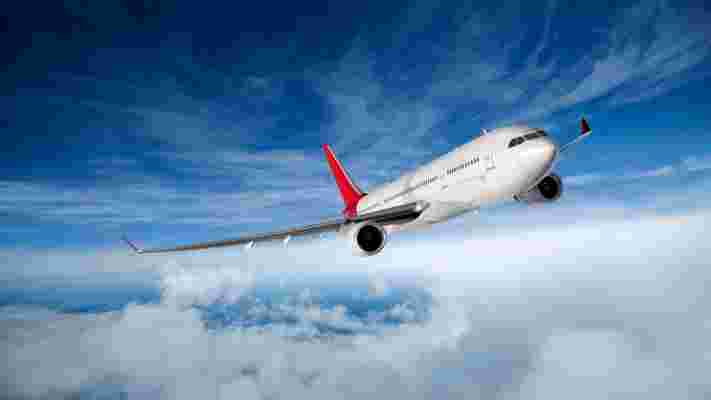What's your biggest fear when flying in an airplane? Is it being stuck for hours next to someone who won't stop talking to you? Or rather, do you fear heavy turbulence? Or is it something more serious, such as a fatal pilot error? Well, according to a new study that came out today by the investment bank UBS, you may not need to worry about human error in airplanes for much longer. The report concludes that, “technically speaking, remotely controlled planes carrying passengers and cargo could appear” by 2025. That's right, you could very well be cruising at 36,000 feet in the air with no human inside of the cockpit.

According to the report, a switch to full automation could annually save the air-transportation industry $35 billion (by the elimination of pilot training programs, for example). What's more, the technology could cut passenger fares by around 10 percent. But are customers willing to pay less money to autonomously fly through the sky in a metal tube at a rate of 550 m.p.h.? For this writer, the answer is a firm no ( I even struggled with autonomous driving ). And I'm not the only one. Out of the 8,000 people surveyed in the report, more than half said that, even if the price was cheaper, they were unwilling to travel in a pilotless plane. Seventeen percent said they would likely fly in a pilotless aircraft (that number rose to 27 percent when those questioned were ages 18–24).
The report came to the conclusion that we are less than a decade away from this technology by surveying recent advancements in aeronautics. Lilium Aviation, a Munich-based startup, has already tested its all-electric, vertical take-off and landing, two-seater prototype (the company promises the product can travel five times faster than by car). There was also Airbus's successful test of Sagitta, an unmanned aerial vehicle, which flew autonomously on a pre-programmed course in South Africa.
And while UBS predicts these technology changes will eventually make flying safer, there are many out there (myself included) who are not yet willing to take the leap flight of faith.
